The complex nature of environmental history and debates on environmental issues have related primarily to contemporary times. However, for a greater understanding of environmental processes, it is imperative to study the medieval–early modern period of Indian history.
The essays in Frontiers of Environment explore the nuances of the environment in medieval–early modern times, discuss the specificities of different regions, and provide a comparative analysis on nature, pastoralism, irrigation, wildlife and tribes, in order to assess human–environment interaction. From the interest in nature shown by the Mughals to the ways in which rivers and forests have shaped communities, this volume highlights the linkages between the environment and social structure.
Divided into four sections—Nature and its Perception; Forests, Pastoralism, Nomadism; Water, Irrigation, Resource Strategies; and The Politics of Animals—the volume provides examples of both environmental conservation and degradation from the past, and shows how these are linked to the environmental issues of the present.
Human–environment interactions have led to several human-induced changes, which has had major implications for modern ecologies. This volume provides a holistic overview of these transitions that have taken place over centuries and shows that the pre-colonial past was not as pristine as formerly believed, and that environmental issues are not peculiar to modern times.
This book will be of interest to scholars and students of history and environmental studies.

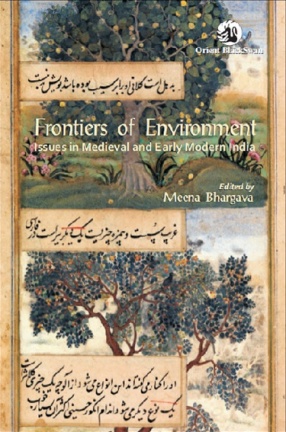
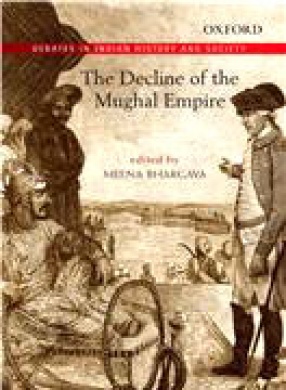
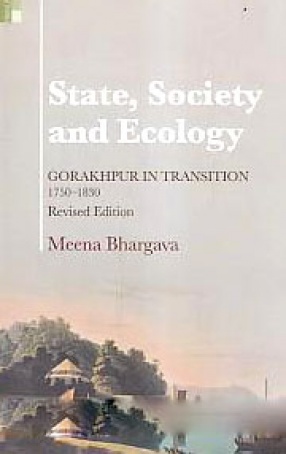

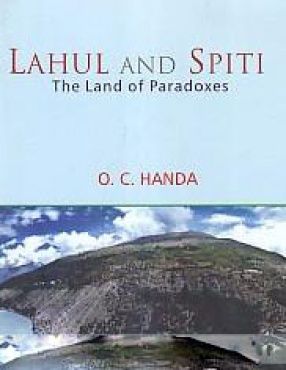

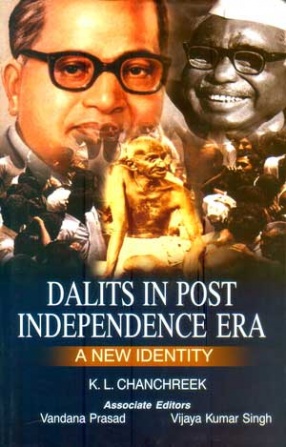
There are no reviews yet.